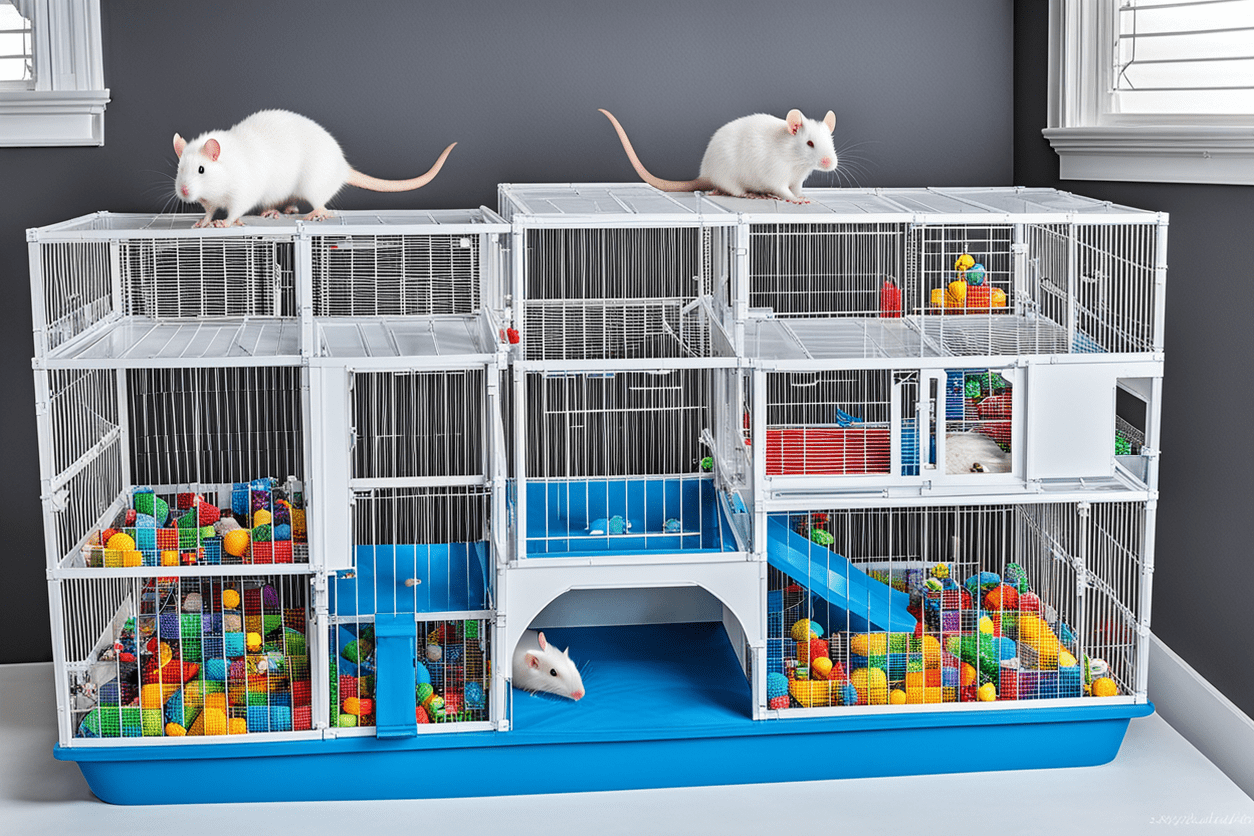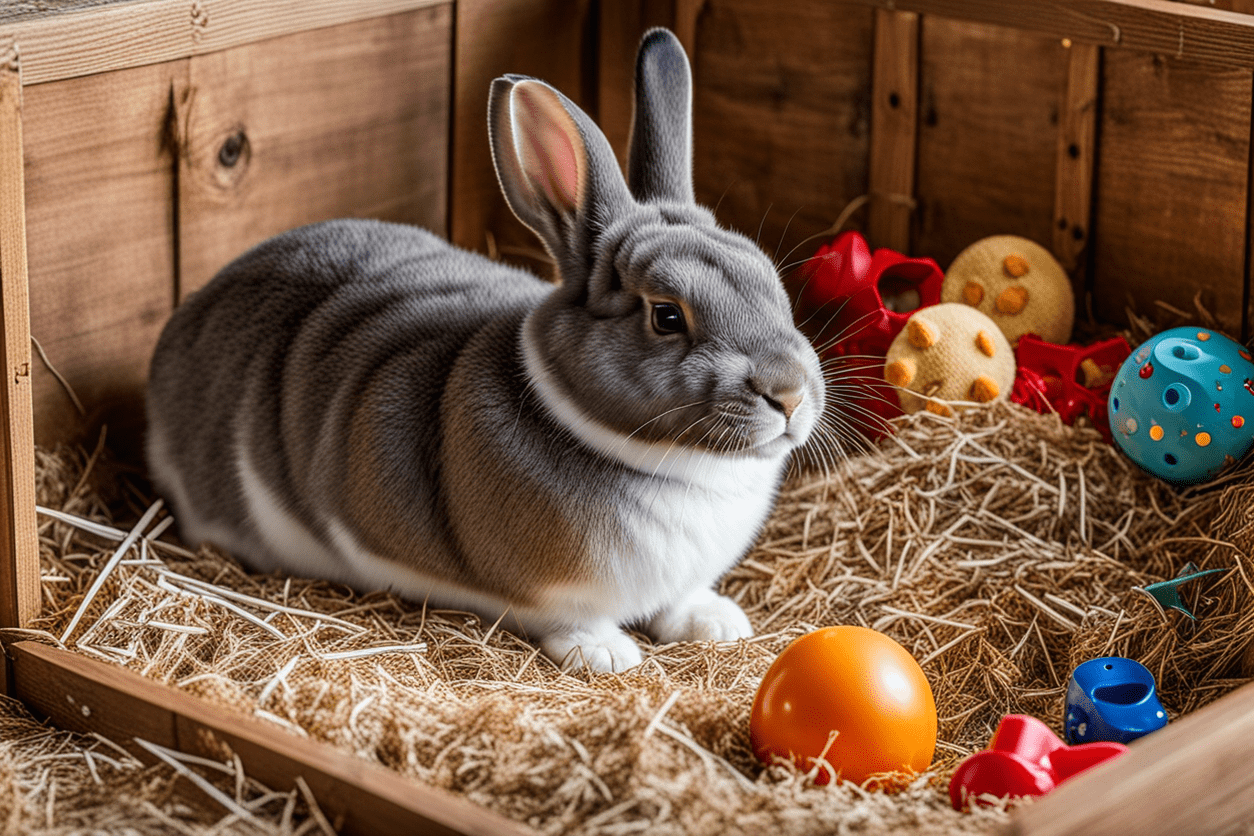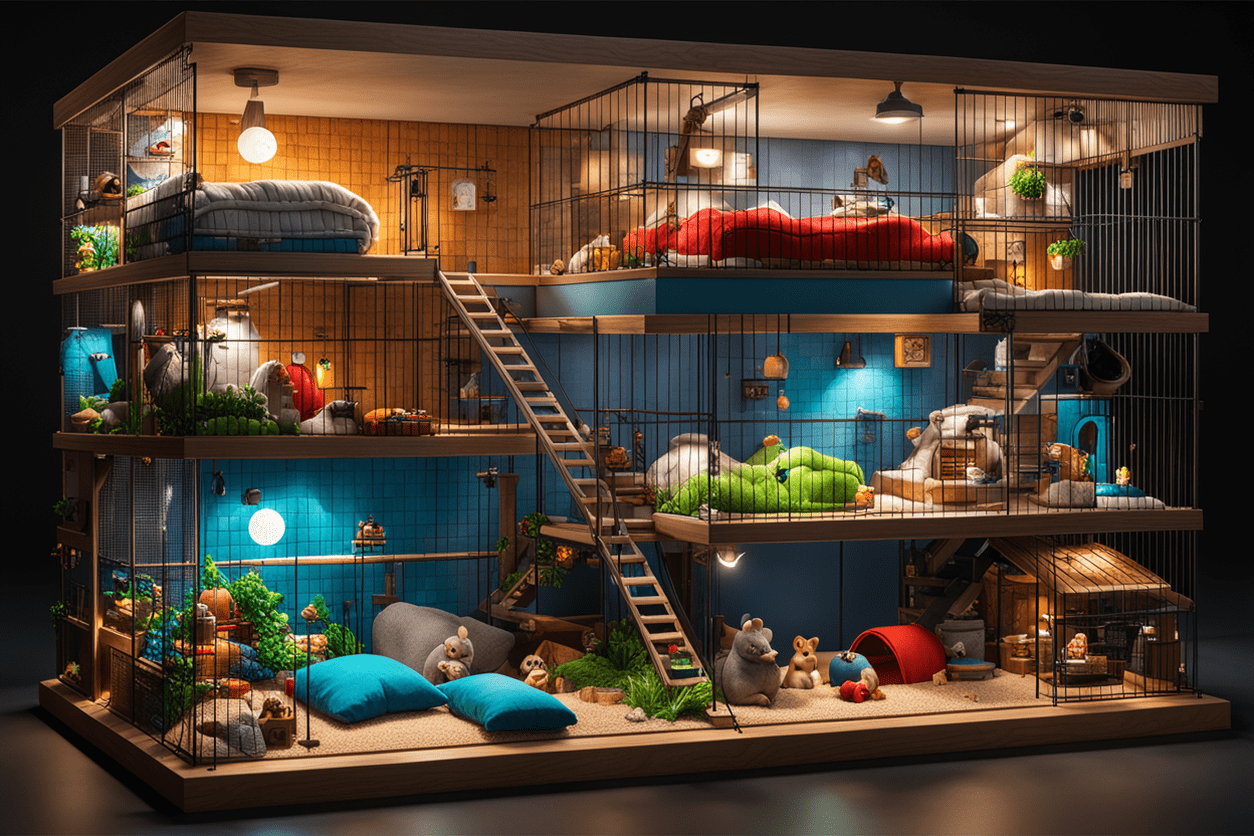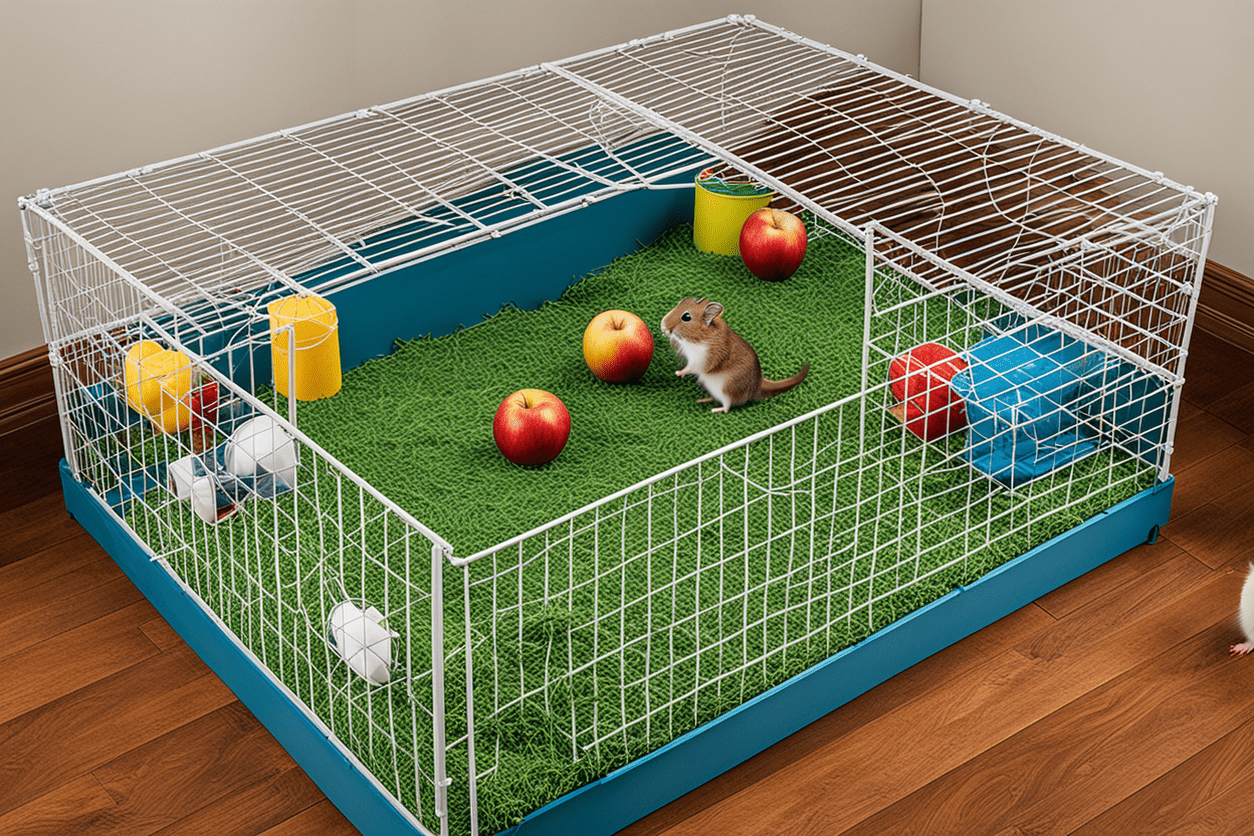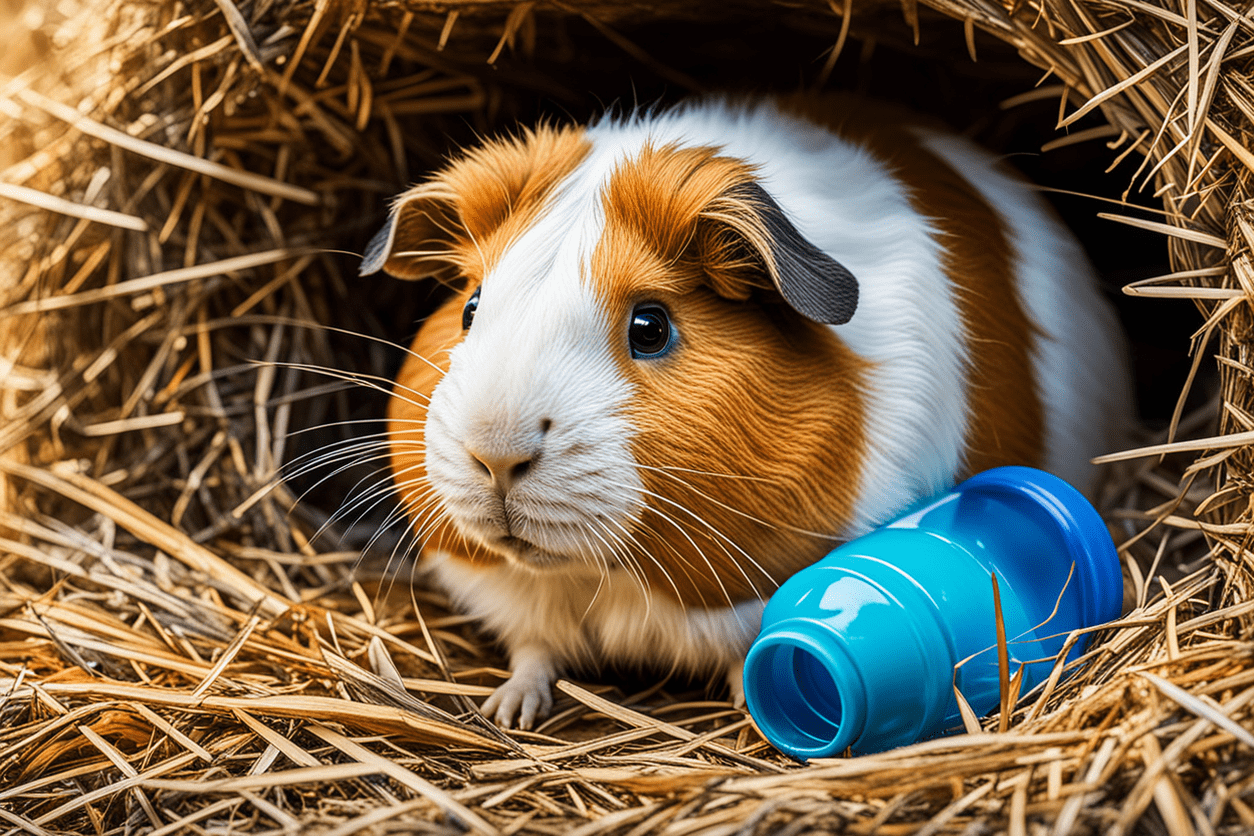The Majestic Abyssinian Cat: A Complete Guide
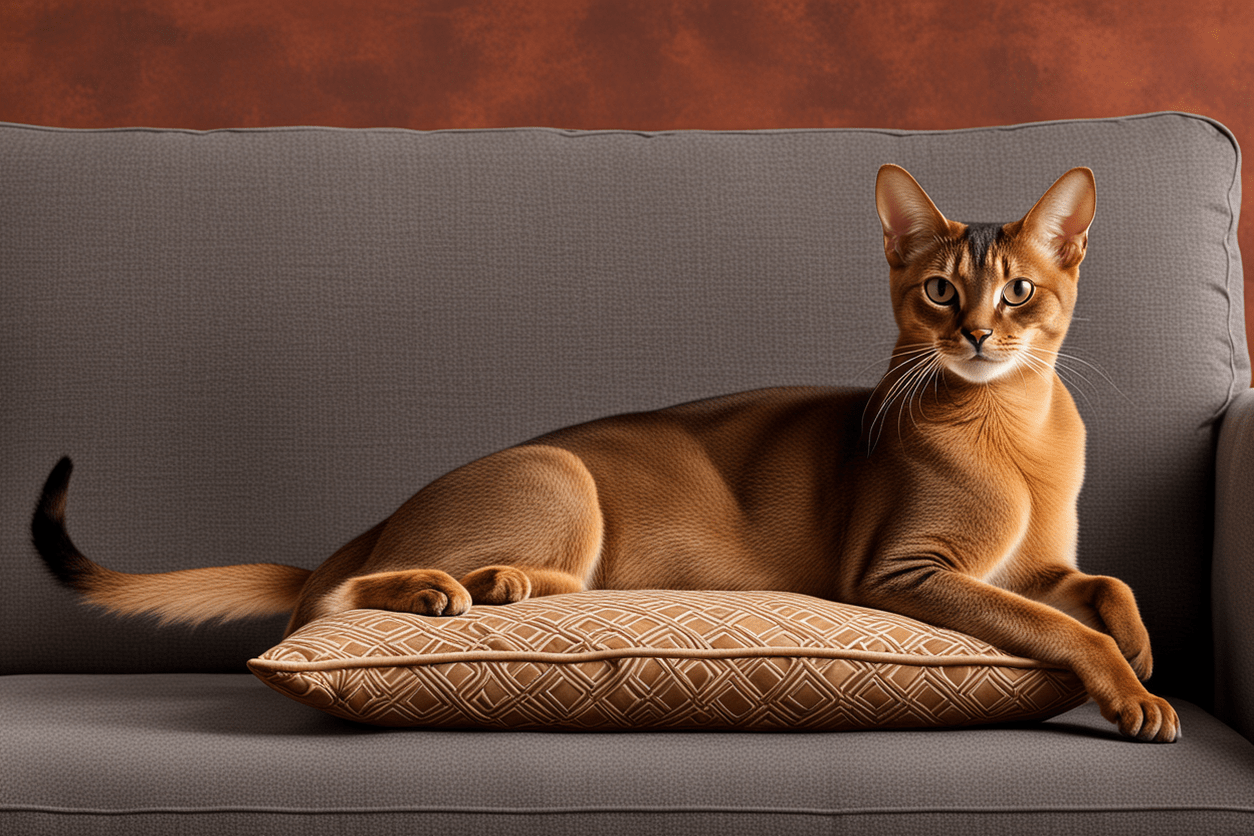
Introduction
The Abyssinian cat is known for its elegance, intelligence, and playful nature. With its sleek coat and graceful form, this breed has entranced cat enthusiasts worldwide. Revered for their friendly dispositions and boundless energy, Abyssinians rank among the most popular cat breeds. This article delves into their history, physical characteristics, temperament, health, care, ideal living conditions, and much more.
History and Origin
Origin of the Breed
The Abyssinian is often associated with ancient Egypt due to its resemblance to depictions of cats in ancient Egyptian art. Despite this romantic notion, the breed's true origins are somewhat enigmatic. Some genetic research suggests that the breed may have originated in coastal areas of the Indian Ocean and Southeast Asia.
Historical Significance
The breed was first introduced to Britain in the 19th century, supposedly by British soldiers returning from Abyssinia (modern-day Ethiopia) after a conflict. This connection led to the breed being named Abyssinian. Over time, selective breeding enhanced their unique coat and striking appearance.
Development and Recognition by Cat Associations
The Abyssinian gained official recognition as a distinct breed in the UK by the late 19th century. It was later recognized by cat fanciers associations in the US and other countries. Today, breeds like the CFA (Cat Fanciers' Association) and TICA (The International Cat Association) acknowledge the Abyssinian as one of the oldest and most distinguished pedigreed cats.
Physical Characteristics
Size and Weight
Abyssinians are medium-sized cats, typically weighing between 6 to 10 pounds. They have a muscular build that gives them an agile and graceful appearance.
Coat Type and Colors
The breed is renowned for its ticked coat, where each hair has multiple bands of color. This gives the coat a shimmering effect. Colors range from ruddy, red, blue, fawn, to the rare sorrel.
Distinctive Features
Abyssinians have large, almond-shaped eyes often gold or green. Their ears are relatively large, set wide apart, and slightly pointed. They possess a tapering tail, which adds to their sleek look.
Personality and Temperament
General Personality Traits
Abyssinians are active, curious, and highly intelligent. They form strong bonds with their owners, exhibiting affectionate behaviors.
Behavior Around Humans and Other Animals
These cats are sociable and often enjoy the company of humans and other animals. They are not typically lap cats but prefer to engage in interactive play.
Activity Level and Playfulness
They are one of the most active and playful cat breeds. They need regular interaction to keep them mentally and physically stimulated.
Intelligence and Trainability
Abyssinians are highly trainable and can learn tricks, fetch, or even navigate puzzle toys with ease. Their intelligence requires them to have constant stimulation to avoid boredom.
Health and Lifespan
Common Health Issues and Genetic Disorders
Abyssinians are generally healthy but can be prone to certain genetic issues, such as renal amyloidosis, progressive retinal atrophy (PRA), and patellar luxation.
Lifespan
With proper care, an Abyssinian can live between 12 to 15 years or more.
Preventive Care and Regular Health Checks
Regular veterinary check-ups are essential. Ensuring vaccinations, dental care, and a balanced diet can prevent many health problems.
Grooming and Maintenance
Grooming Needs
Despite their short coat, Abyssinians shed moderately. Weekly brushing is sufficient to keep their coat healthy and shiny.
Nail Trimming, Ear Cleaning, and Dental Care
Nail trimming should be performed every few weeks. Regular ear cleaning helps prevent infections. Dental care, including brushing and professional cleanings, is vital for maintaining oral health.
Diet and Nutrition Requirements
A balanced diet rich in protein supports their active lifestyle. High-quality cat food or a vet-recommended diet ensures they receive appropriate nutrients.
Living Environment
Suitability for Different Types of Living Spaces
Abyssinians adapt well to various living environments, whether in an apartment or a house. However, they need ample space to explore and play.
Indoor vs. Outdoor Considerations
While they enjoy the outdoors, it’s safer to keep Abyssinians indoors to protect them from hazards and illnesses.
Space and Activity Needs
Ensure the home environment includes climbing structures, scratching posts, and interactive toys to keep them engaged.
Interaction with Family and Children
Compatibility with Children
Abyssinians are excellent with children, often treating them as playmates. Their gentle nature makes them a great choice for families.
Interaction with Other Pets
These cats generally get along well with other pets, including dogs and other cats. Early socialization helps in smooth inter-pet relationships.
Ideal Family Type for the Breed
Active families that can provide ample playtime and interaction suit Abyssinians best. They thrive in lively households where they receive attention.
Adoption and Breeder Information
Tips for Finding Reputable Breeders
Look for breeders affiliated with recognized cat associations. Visit facilities, ask for health clearances, and meet the kitten's parents to verify healthy breeding practices.
Adoption Considerations and Processes
Adoption is another excellent option. Rescues and shelters often have Abyssinians needing homes. Ensure the organization provides health checks and temperament evaluations.
Cost of Purchasing or Adopting the Breed
Purchasing an Abyssinian from a breeder can cost between $500 to $1,500. Adoption fees are often lower and may include initial veterinary care.
Fun Facts and Trivia
Interesting Anecdotes About the Breed
Abyssinians are often called "Aby-grabbys" due to their tendency to grab objects of interest.
Famous Cats of This Breed
Famous Abyssinians include “Jake,” one of the stars of the film "Love and Pain and the Whole Damn Thing."
Unique Behaviors or Talents
They possess an adventurous spirit often manifesting in feats of climbing and clever puzzle-solving abilities.
Frequently Asked Questions (FAQs)
Are Abyssinians good for first-time cat owners?
Abyssinians can be demanding and require a lot of attention. First-time owners should be prepared for an active and engaging cat.
Do Abyssinians need a lot of grooming?
They require minimal grooming. Weekly brushing usually suffices to keep their coat in top condition.
Are Abyssinians vocal?
While they can be vocal, they are not as loud as some other breeds. Their sounds are usually soft and intermittent.
Can Abyssinians be left alone?
They are social and prefer company. If left alone for long periods, ensure they have engaging toys.
What is the average cost to maintain an Abyssinian?
Costs include high-quality food, regular vet visits, grooming tools, and interactive toys. Expect to spend around $300 to $700 annually.
Are Abyssinians hypoallergenic?
No cat is completely hypoallergenic, but Abyssinians may produce fewer allergens due to their short coat.
How much exercise do Abyssinians need?
They need plenty of physical activity. Daily play sessions help in keeping them fit and happy.
What type of diet should an Abyssinian have?
A diet high in protein and balanced in nutrients supports their active lifestyle. Consult a vet for specific dietary needs.
Do Abyssinians get along with other cats?
Yes, they are typically good with other cats, especially if introduced at a young age.
How can I tell if my Abyssinian is happy?
Signs of a happy Abyssinian include active play, affectionate grooming, and a relaxed demeanor.
Conclusion
The Abyssinian is a captivating breed with its playful, intelligent, and affectionate nature. They bring joy to active families and offer companionship to those willing to meet their energetic needs. Whether you’re a first-time cat owner or an experienced one, the Abyssinian requires love, attention, and interactive play to flourish.

